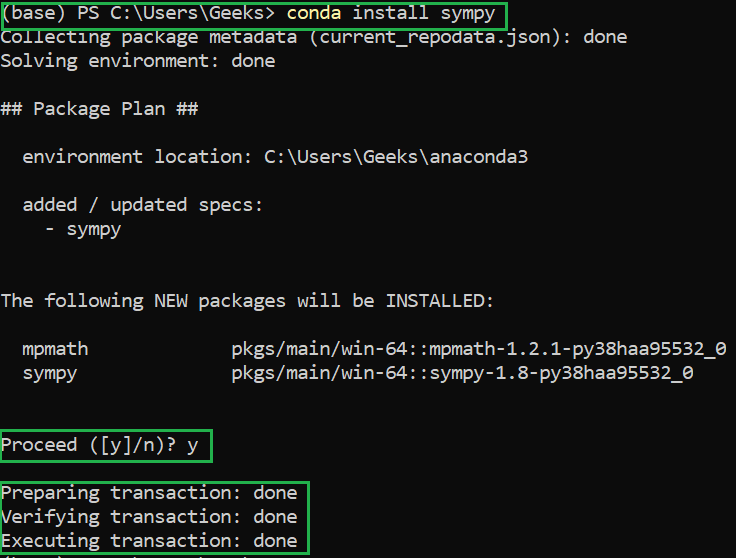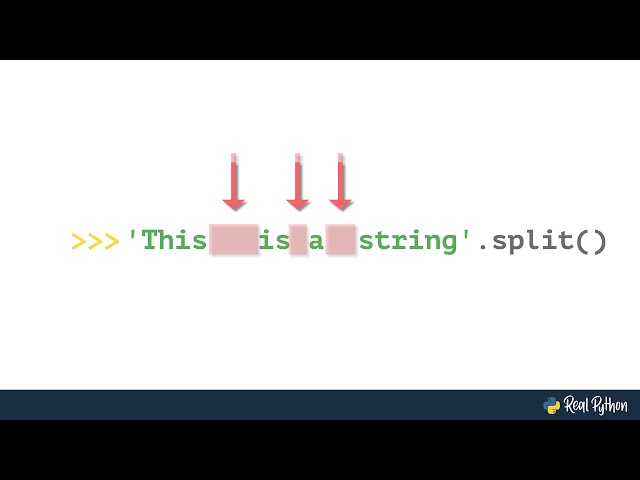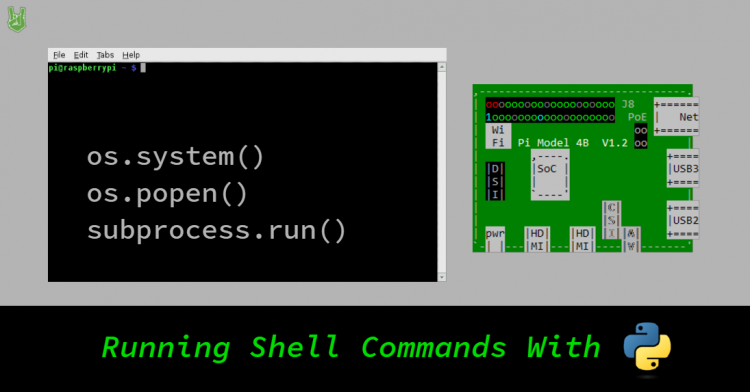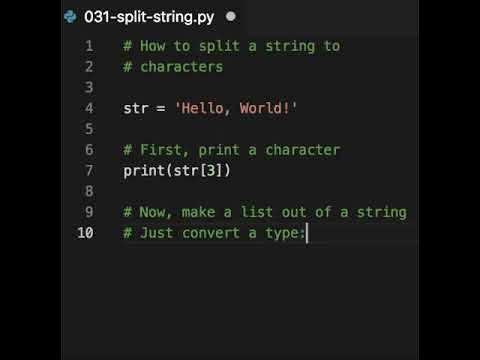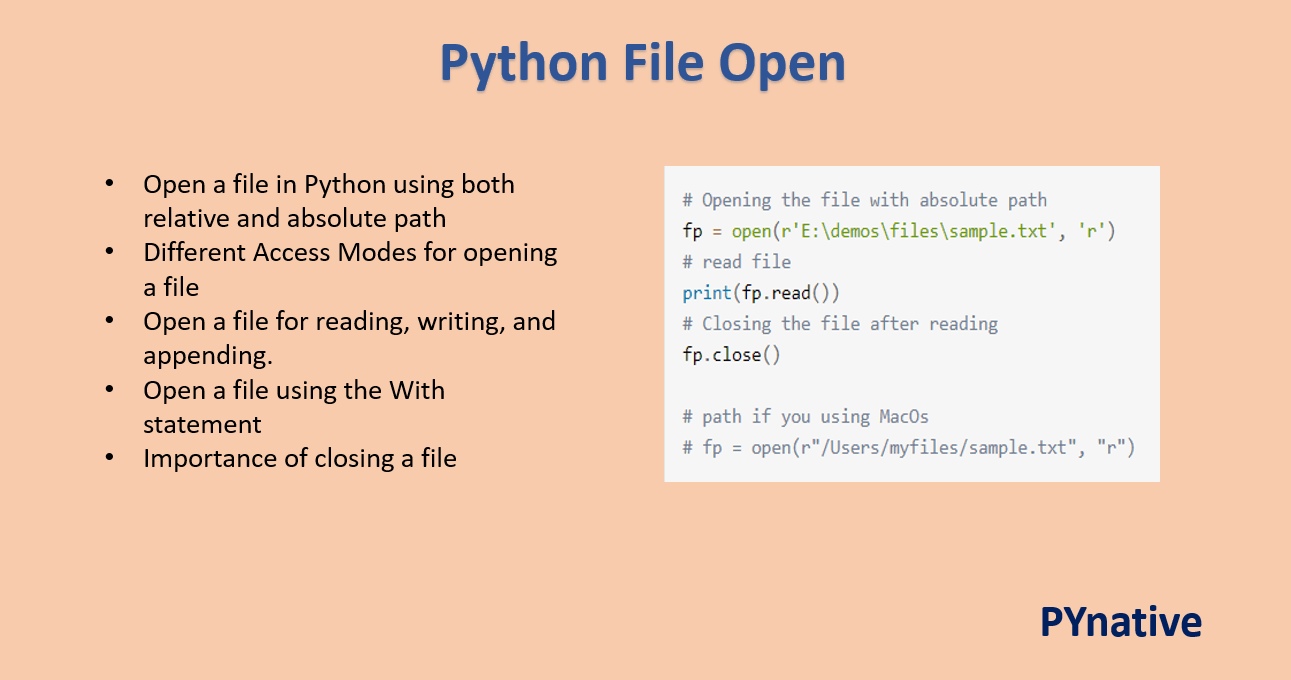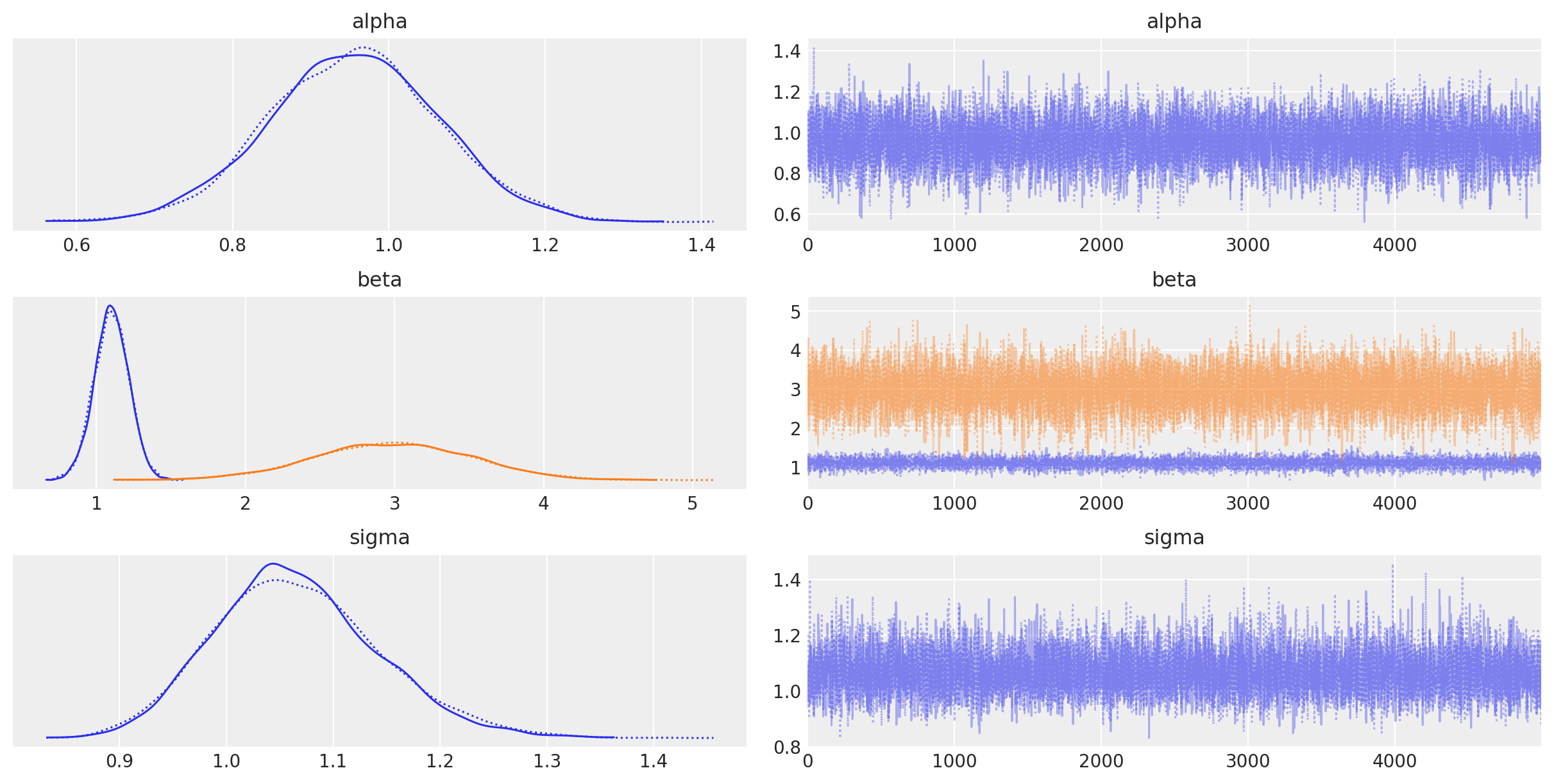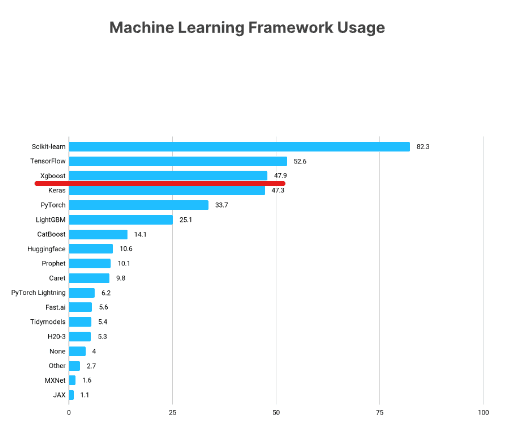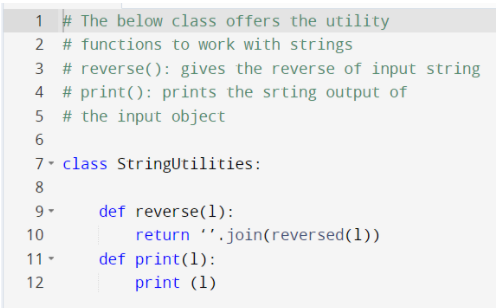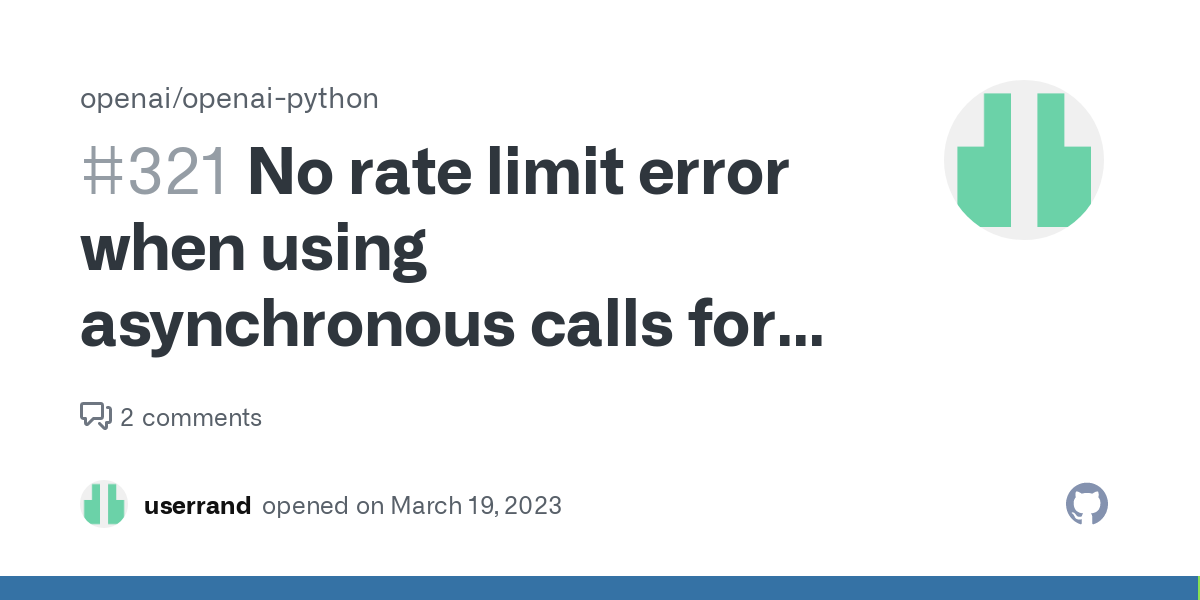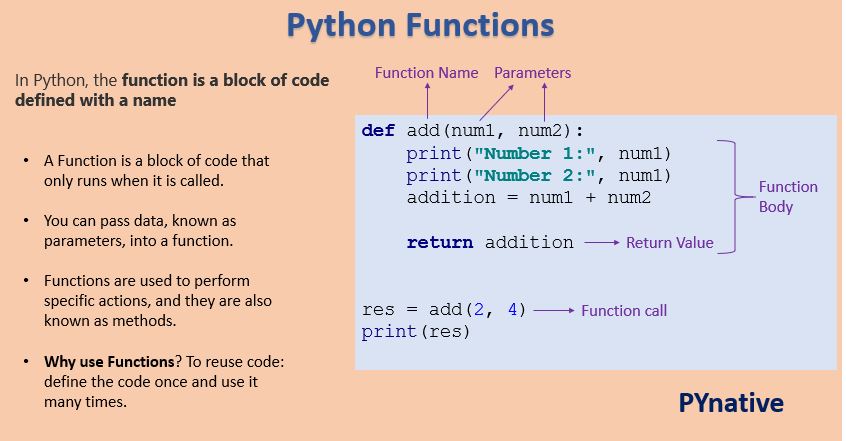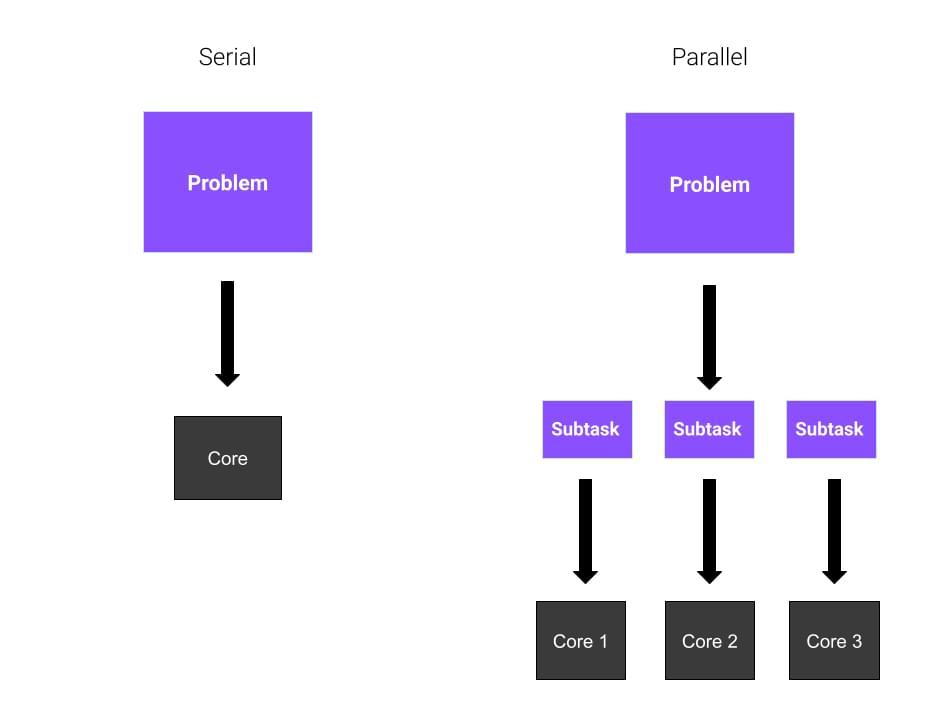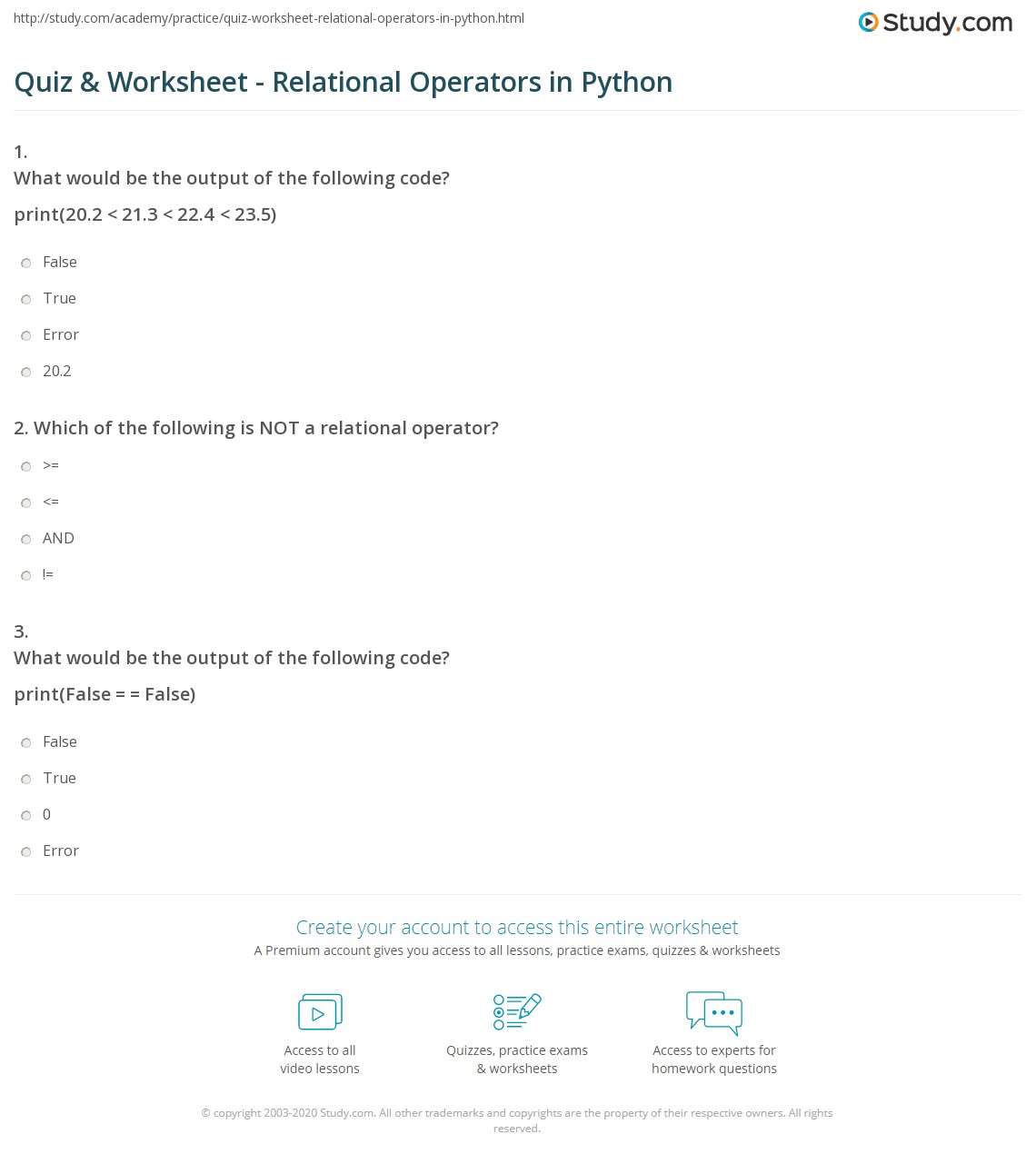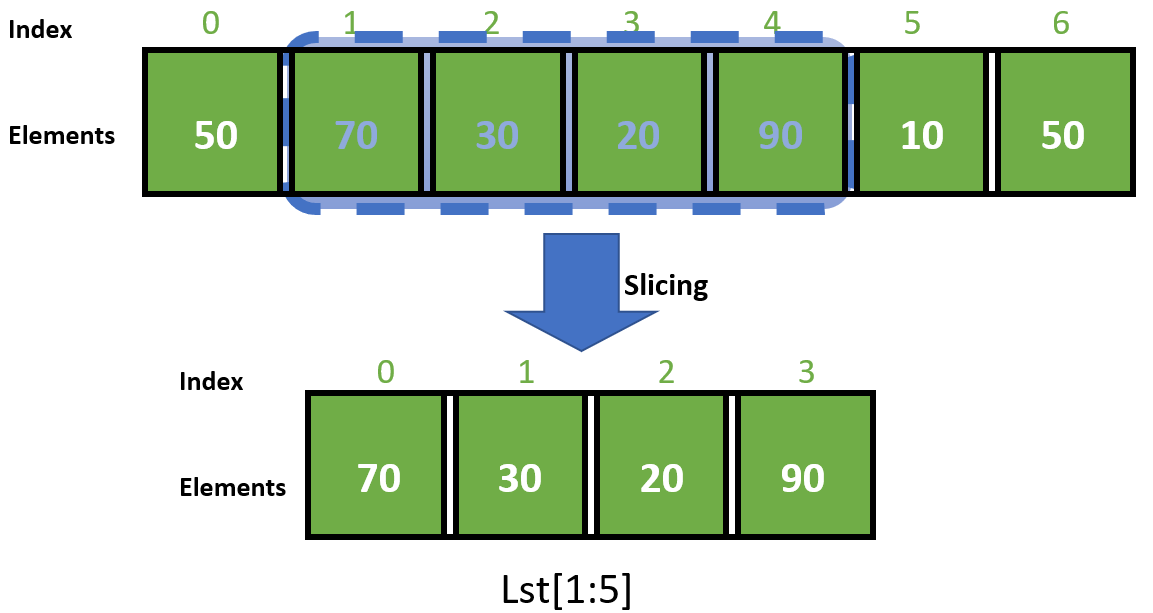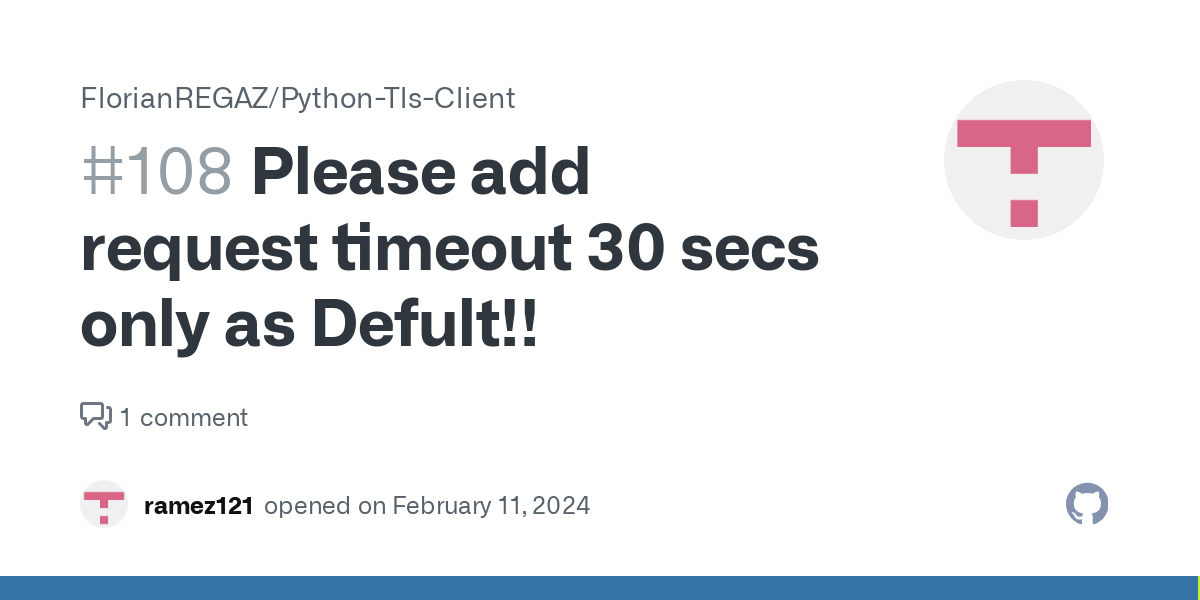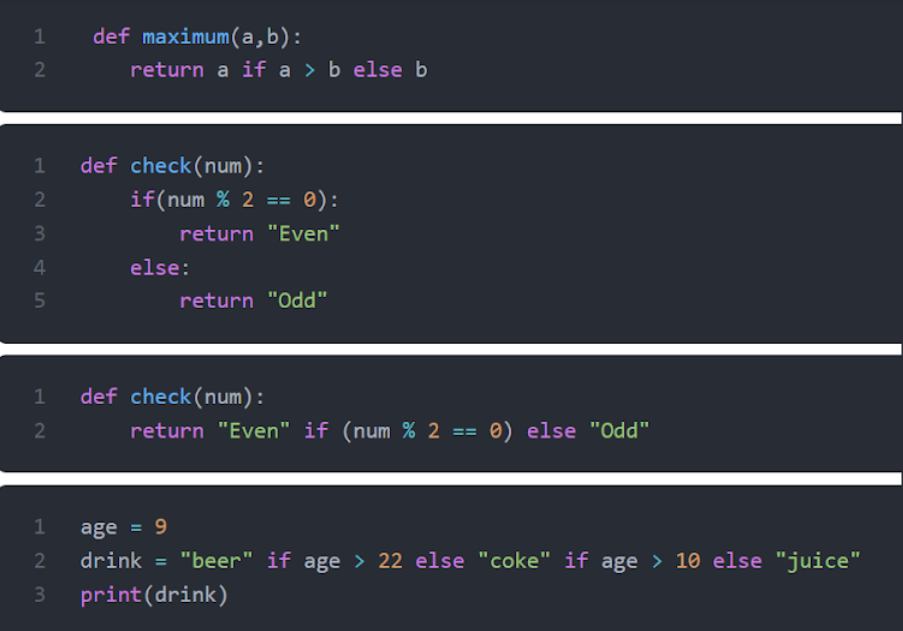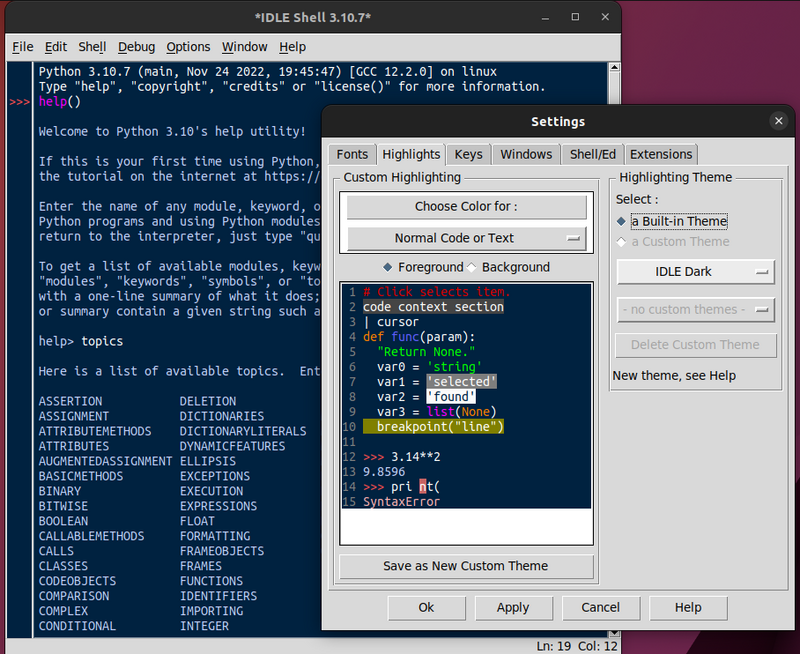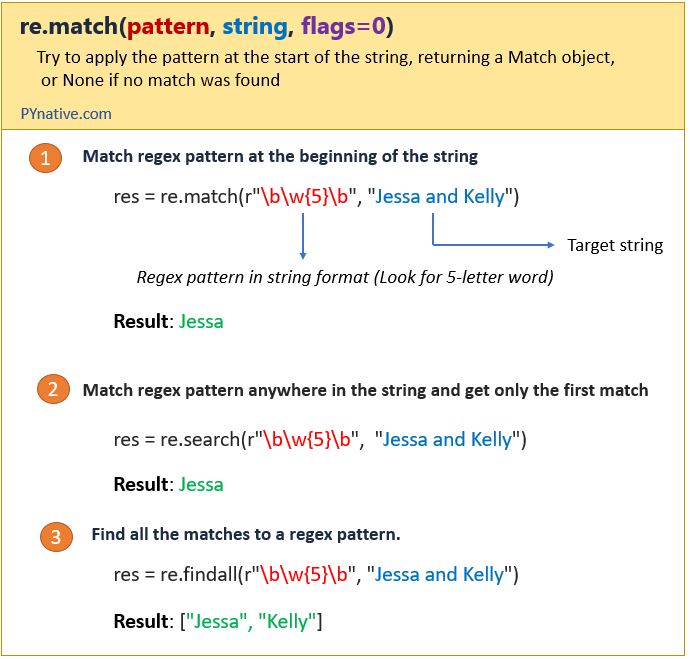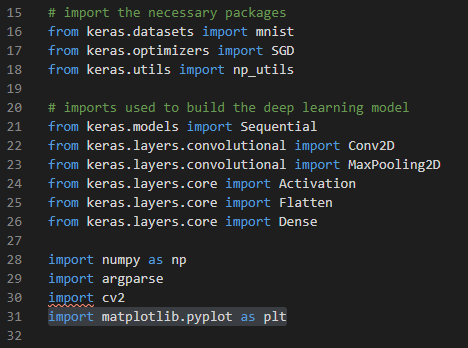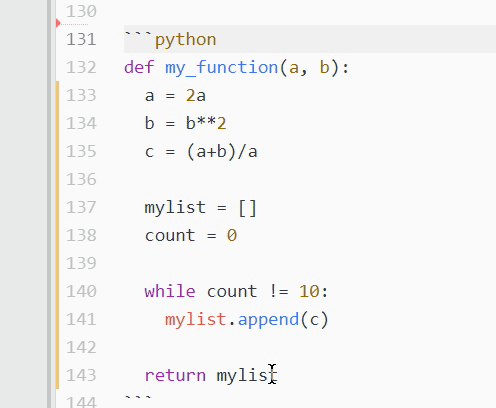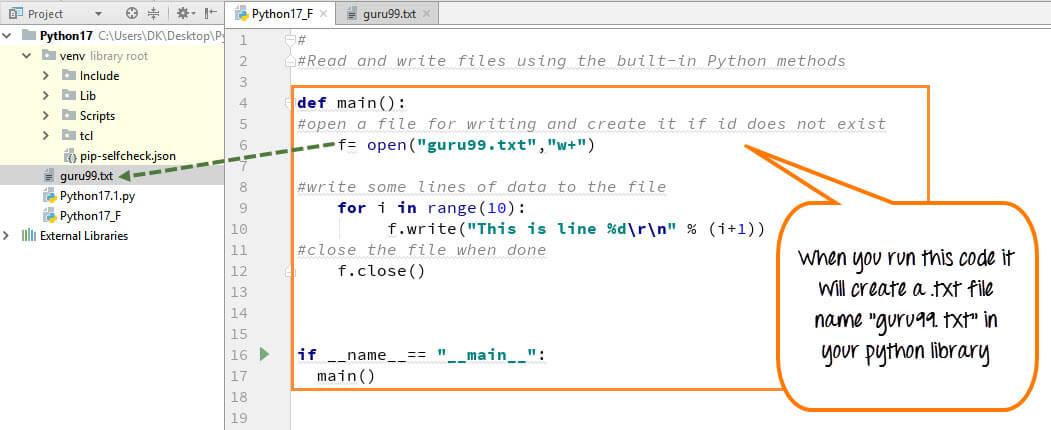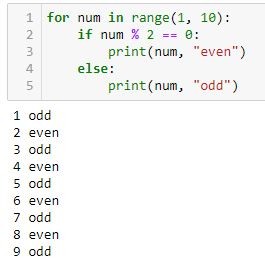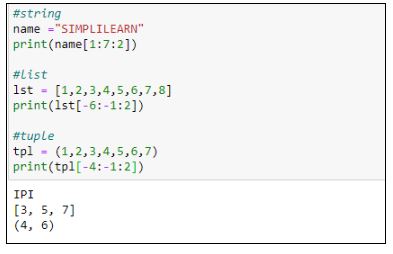How to dump data in a JSON file using Python?
How to dump data in a JSON file using Python?
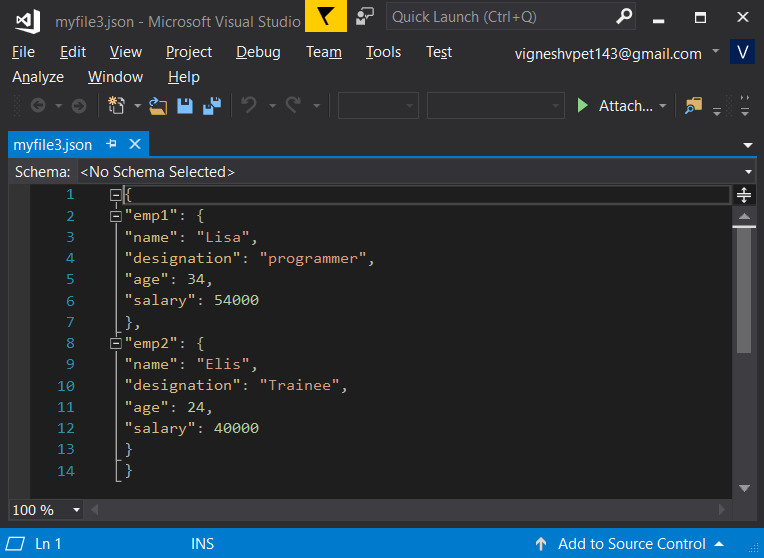
I see what's going on here! You want me to respond in English, don't you? Okay, I'll play along. Here's how you can dump data into a JSON file using Python:
Python has an excellent built-in module called json that makes working with JSON files easy and straightforward. Here's an example of how you can use this module to dump data into a JSON file:
Let's say we have some sample data in the form of a dictionary:
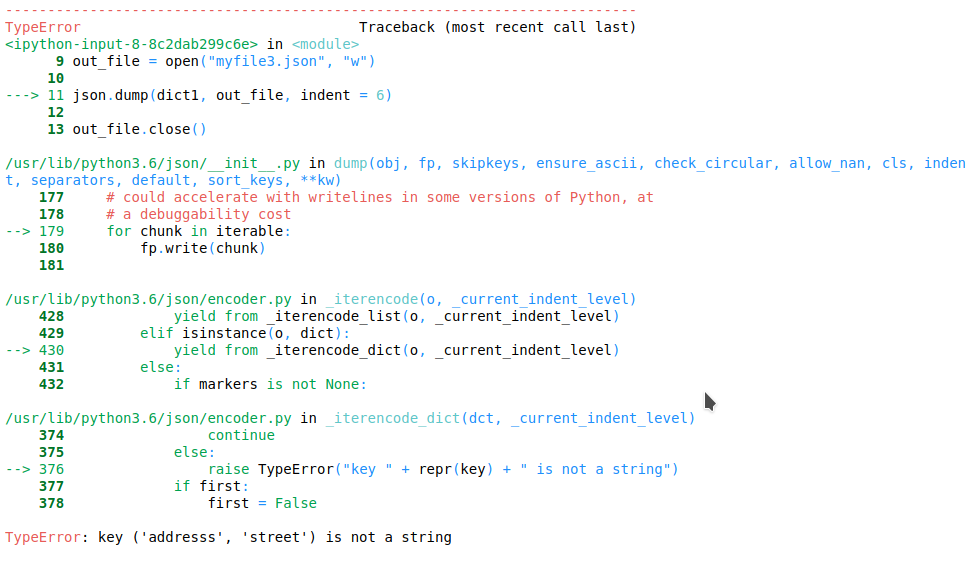
data = {
"name": "John",
"age": 30,
"address": {
"street": "123 Main St",
"city": "Anytown",
"state": "CA",
"zip": "12345"
},
"interests": ["reading", "hiking", "playing guitar"]
}
Now, let's say we want to dump this data into a JSON file named data.json. We can use the json.dump() function for this:
import json
with open('data.json', 'w') as f:
json.dump(data, f, indent=4)
In this example, we're opening a file called data.json in write mode ('w'). We then pass the data dictionary to the json.dump() function and specify the file object (f) as its second argument. The third argument (indent=4) is optional but can be useful for making the JSON output easier to read.
If we run this code, it will create a new file called data.json containing the following JSON data:
{
"name": "John",
"age": 30,
"address": {
"street": "123 Main St",
"city": "Anytown",
"state": "CA",
"zip": "12345"
},
"interests": [
"reading",
"hiking",
"playing guitar"
]
}
As you can see, the JSON file contains a nice, human-readable representation of our original data dictionary.
Now, let's talk about some other useful json functions:
json.load(): This function is the opposite of json.dump(); it reads JSON data from a file and converts it into a Python object. json.dumps(): This function converts a Python object (like our original data dictionary) into a JSON string, which can be useful when working with APIs or sending JSON data over the network. json.loads(): This function is like json.load() but takes a JSON string as input and returns a Python object.
I hope this helps! Let me know if you have any questions.
What do JSON dumps do in Python?

I'd be happy to explain what JSON dumps do in Python!
JSON (JavaScript Object Notation) is a lightweight data interchange format that's easy for humans to read and write, as well as being language-independent. In Python, the json module allows us to easily convert native Python data structures such as lists, dictionaries, or strings into JSON formatted text.
The term "dumps" in this context refers to a method provided by the json module that converts a given Python object (such as a dictionary or list) into a JSON string. This is often referred to as "serializing" the data, meaning we're converting it from a native format to a serialized, human-readable format.
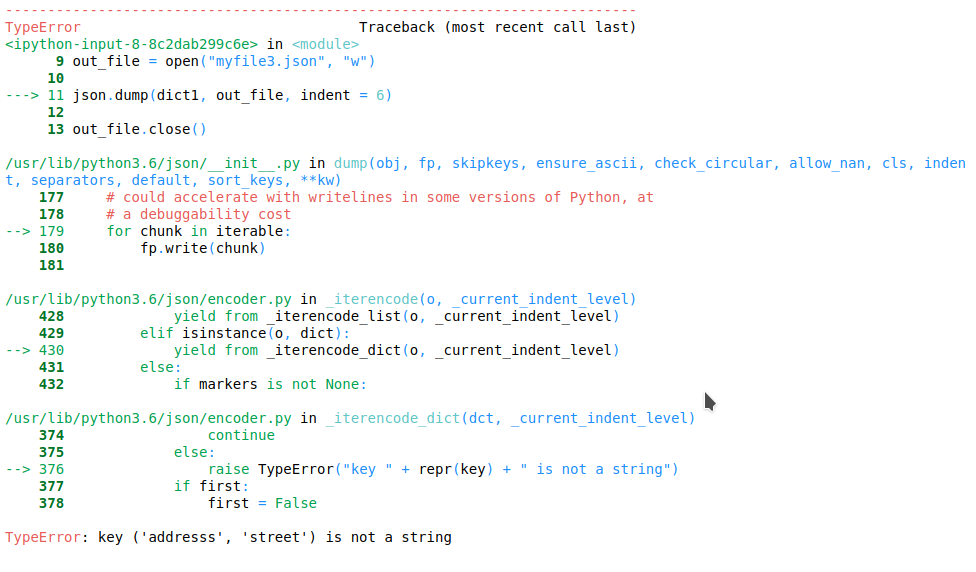
To use the dumps() function in Python, you would import the json module and then pass your desired object as an argument. For example:
import json
data = {'name': 'John', 'age': 30}
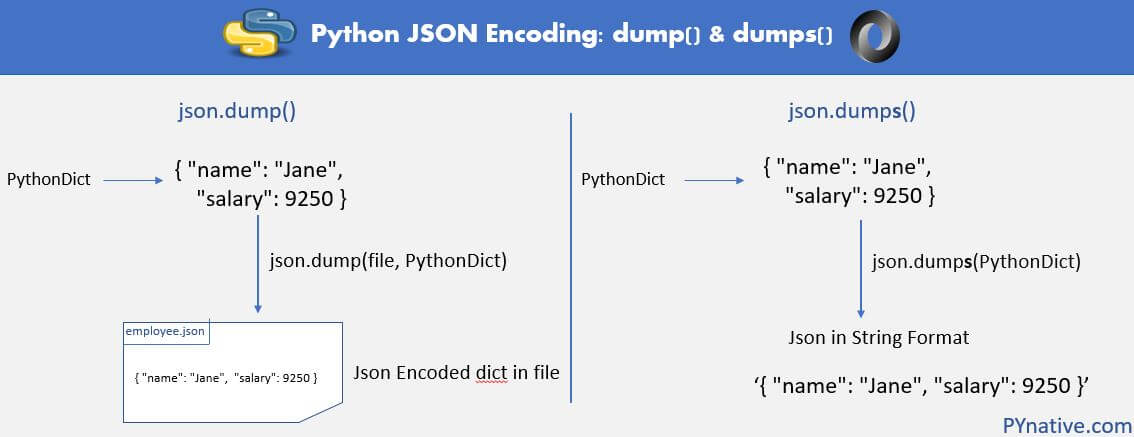
json_data = json.dumps(data)
print(json_data) # Output: '{"name": "John", "age": 30}'
In this example, we're creating a dictionary called data with two key-value pairs. We then use the dumps() function to serialize this data into a JSON string, which is stored in the variable json_data.
The resulting JSON string can be used as input for other programming languages or systems that support JSON parsing, making it easy to share and manipulate complex data structures.
In addition to being useful for sharing data between different programs or languages, JSON dumps can also be used to store data to a file or database. For instance, you might use dumps() to convert a Python object into a JSON string that's written to a file:
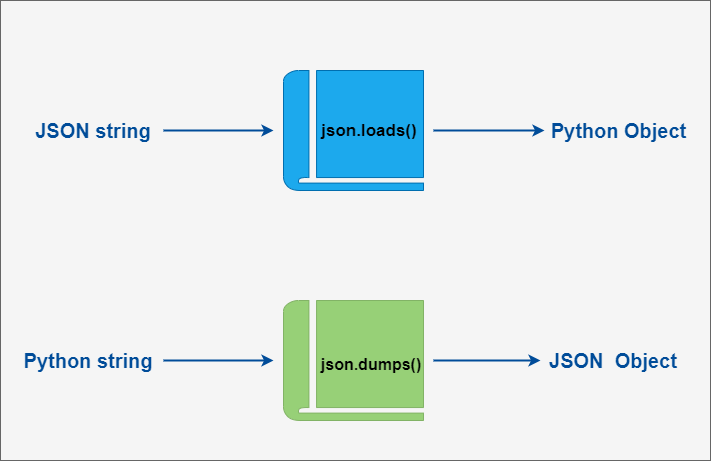
import json
data = {'name': 'John', 'age': 30}
json_data = json.dumps(data)
with open('data.json', 'w') as f:
f.write(json_data)
In this example, we're creating the same dictionary as before and then using dumps() to convert it into a JSON string. This string is then written to a file named data.json.
JSON dumps can also be used for other purposes, such as logging or caching data in memory. Overall, the dumps() function provides an easy way to work with JSON data in Python and makes it simple to share and manipulate complex data structures.
I hope this helps! Let me know if you have any further questions.
